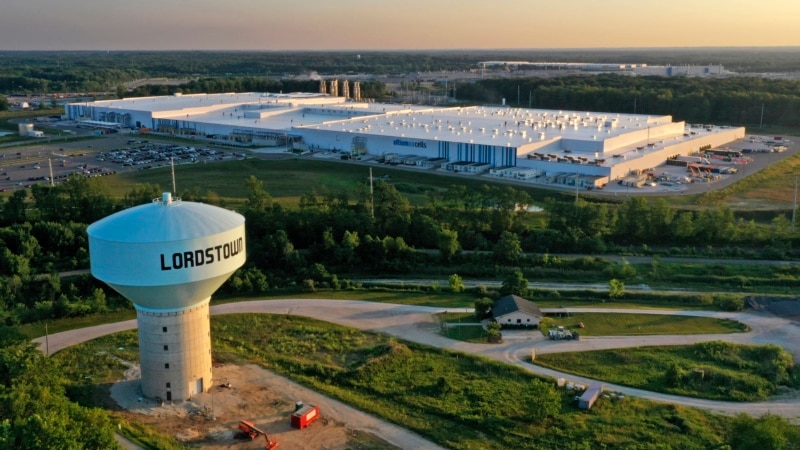China began dispute settlement proceedings against the United States at the World Trade Organization on Tuesday, accusing Washington of “discriminatory” electric vehicle subsidies.
The subsidies, starting this year under the 2022 Inflation Reduction Act, render U.S. car buyers ineligible for tax credits ranging from $3,750 to $7,500 if certain battery components were made by Chinese, Russian, North Korean or Iranian manufacturers.
China’s permanent mission to the WTO said the policies are “under the disguise of responding to climate change,” but are “in fact contingent upon the purchase and use of goods from the United States, or imported from certain particular regions.”
According to a spokesperson for China’s Ministry of Commerce, Beijing has urged Washington to “promptly correct discriminatory industrial policies and maintain the stability of the global industrial and supply chains for new energy vehicles.”
In an online statement, the Ministry of Commerce said the subsidy restrictions excluded Chinese products but also negatively impacted the global supply chain and fair competition in the EV market.
China surpassed Japan earlier this year as the leading vehicle exporter. Customs bureau data shows in 2023, it exported 5.22 million cars, about one-third of which were electric vehicles.
New U.S. rules, which took effect January 1, make just 13 out of more than 50 electric vehicles being sold in the U.S. eligible for tax credits. In 2023, around two dozen models were eligible. As a result, automakers have been working to source parts that would make their vehicles eligible for tax credits, according to The Associated Press.
China’s complaint follows other recent U.S-China disputes, including over tariffs and a U.S. bill to divest the popular social media app TikTok from its Chinese parent company due to national security concerns.
Some information for this report came from Reuters, The Associated Press and Agence France-Presse.

